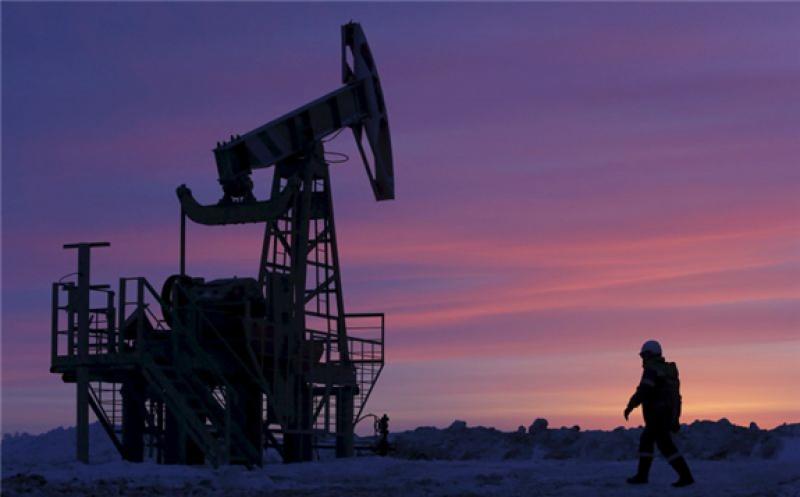Oil prices held steady on Tuesday ahead of the U.S. presidential election, retaining their steep overnight gains but capped by demand concerns and worries about rising supplies.

Hopes that major producers would hold back from ramping up output helped lift prices in the previous session, but the market faces surging coronavirus cases, rapidly rising Libyan supplies and uncertainty about the U.S. election outcome.
Brent crude (LCOc1) futures inched up 1 cent to $38.98 a barrel at 0440 GMT, while U.S. West Texas Intermediate (WTI) crude (CLc1) futures were up 8 cents, or 0.2%, to $36.89 a barrel. Both benchmarks gained nearly 3% on Monday.
"Although the technical picture suggests further gains ahead, the supply/demand picture tells a different story, particularly with Europe," said Jeffrey Halley, senior market analyst, Asia Pacific, OANDA in Singapore.
Italy is the latest country in Europe to tighten COVID-19 restrictions, including limiting travel between the worst-hit regions and imposing a nightly curfew, which will limit fuel demand.
"Demand has hit a speed hump as the resurgence in coronavirus cases around the world has resulted in new lockdowns," ANZ Research said in a note.
Benchmark prices, down sharply over the past week, had a brief reprieve on Monday, rising nearly 3% after Russia's oil minister held talks with domestic oil companies to delay crude output increases planned for January.
"The Kremlin has effectively stopped two gaps with one bush - defend oil prices and effectively intervene in the rouble's precipitous decline," said Stephen Innes, chief market strategist at Axi.
The Organization of the Petroleum Exporting Countries (OPEC) and allies including Russia, a grouping called OPEC+, slashed oil output from May to support prices and tapered the cut to 7.7 million barrels per day (bpd) in August. They are due to pare that further by 2 million bpd in January.
But with soaring cases of COVID-19 in Europe and the United States and the recent swift return of oil supply from Libya following an eight-month blockade, Saudi Arabia and Russia are in favour of delaying the output increase in January.
OPEC holds its next full meeting on Nov. 30.